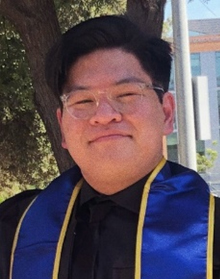
He/Him
MS Student
ma374@drexel.edu
Education: BS in Neuroscience, University of California Riverside
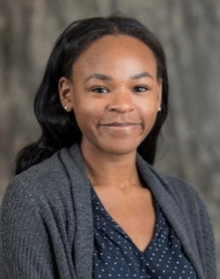
PhD Student
sc4262@drexel.edu
Education: BS in Biopsychology, Cognition & Neuroscience, University of Michigan
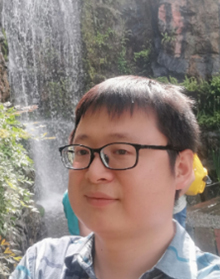
PhD Student
wh395@drexel.edu
Education: BS in Applied Psychology, Anhui University; MS in Physiological Psychology, Capital Normal University
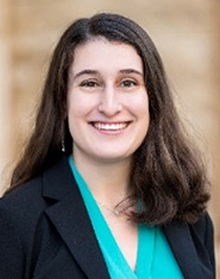
PhD Student
jnh96@drexel.edu
Education: BS in Neuroscience, Saint Joseph’s University
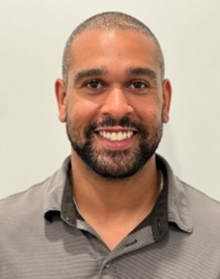
PhD Student
mkl99@drexel.edu
Education: BS in Biochemistry, Rowan University; MS in Histopathology, Rowan University
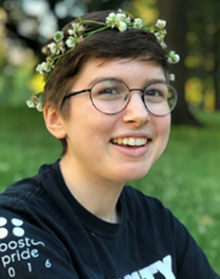
PhD Student
cm3965@drexel.edu
Education: BA in Neuroscience and Psychology, Oberlin College
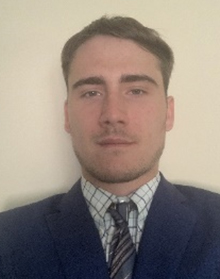
MS Student
jkn33@drexel.edu
Education: BA in Neuroscience, Franklin & Marshall College
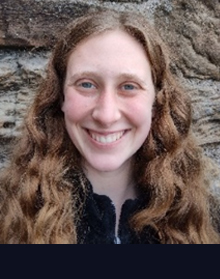
PhD Student
las578@drexel.edu
Education: BA in Psychology and Dance, Eastern University

She/Her
PhD Student
as5875@drexel.edu>
Education: BS in Neuroscience, Rutgers University
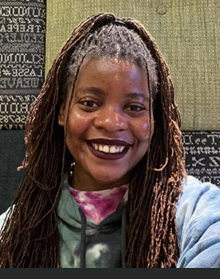
PhD Student
coa38@drexel.edu
Education: BS in Biochemistry, University of Maryland Baltimore County
Research interests:
Cameron is investigating how a mild TBI combined with Gulf War Illness affects the severity of Gulf War Illness symptoms.
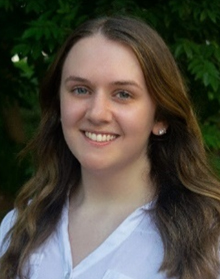
She/Her
PhD Student
arb442@drexel.edu
Education: BS in Neuroscience and Dance, Muhlenberg College
Research interests:
Alison is investigating how local regulation of dopamine neurotransmission impacts substance use in a rodent model.

He/Him
MS Student
ab4728@drexel.edu
Education: BS in Biology, Pennsylvania State University
Research interests:
Alex is investigating local release dynamics of dopamine into the prefrontal cortex and how it influences socially competitive behaviors.
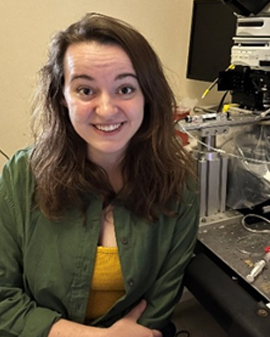
She/Her
MD/PhD Student
ltf28@drexel.edu
Education: BS in Neuroscience, Biology, and Psychology, Virginia Tech
Research interests:
Taylor is investigating the neuronal, electrophysiological, and epigenetic changes associated with psychedelics.
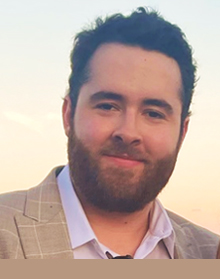
He/Him
MS Student
jg3877@drexel.edu
Education: BS in Neuroscience, Bucknell University
Research interests:
John is interested in the mechanisms underlying incubation of cocaine craving and cue-evoked dopamine responses during cocaine seeking in a rat model.
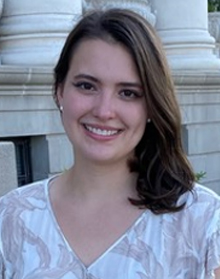
She/Her
PhD Student
gag52@drexel.edu
Education: BS in Biology, Texas A&M University
Research interests:
Grace is interested in spinal cord injury, neuropathic pain, and the potential of neuroimmune modulation to ameliorate chronic pain after SCI.
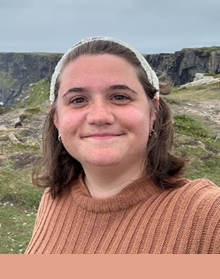
She/Her
PhD Student
tg846@drexel.edu
Education: BS in Neuroscience, Villanova University
Research interests:
Tyler is investigating combining transcutaneous stimulation and locomotor training for treatment of spasticity in a rodent model of spinal cord injury.
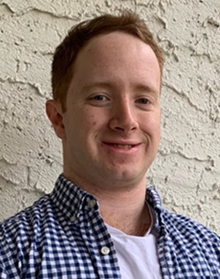
He/Him
MS Student
pm934@drexel.edu
Education: BS in Psychology, Pennsylvania State University
Research interests:
Patrick is investigating spinal cord injury induced neuroplasticity by implementing in-vivo electrophysiology models to uncover indications of neuropathic pain occurring in real-time.
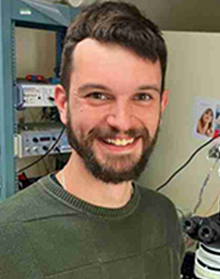
PhD Student
vmm74@drexel.edu
Education: BS in Molecular Biology, Rutgers University; MS in Medical Science, Drexel University
Research interests:
Volodar is investigating the role of prefrontal microcircuit in controlling social behavior using patch-clamp electrophysiology and rodent behavioral models.
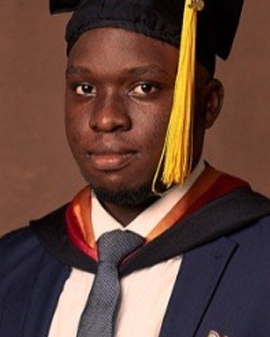
He/Him/His
MS Student
vco28@drexel.edu
Education: BS in Anatomy, Babcock University
Research interests:
Victor is studying bioengineered spinal cord organoids as a novel approach for cell therapy in spinal cord injuries.
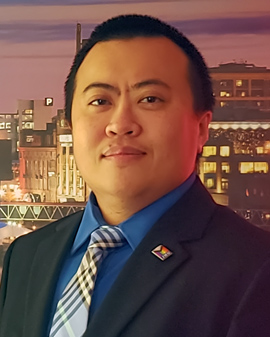
He/Him
PhD Student
ptt35@drexel.edu
Education: BS in Neuroscience, Johns Hopkins University; MS in Data Science, Johns Hopkins University; MS in Computer Science, Columbus State University
Research interests:
Phuong is using computational modeling to study the neurocircuitry underlying quadrupedal locomotion with a focus on the spinal circuits and interneuron populations that control locomotor steering.
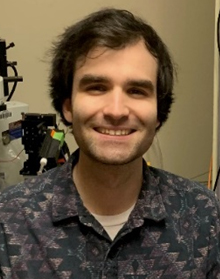
He/Him
PhD Student
jc4532@drexel.edu
Education: BS in Neuroscience, University of Pittsburgh
Research interests:
Jake is investigating the role of IgSF9b, a cell adhesion molecule implicated in psychiatric disorders such as depression and schizophrenia, in inhibitory synaptic development in the prefrontal cortex.
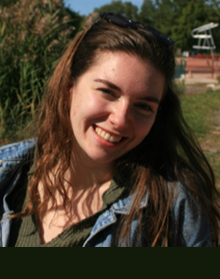
She/Her
PhD Student
src346@drexel.edu
Education: BS in Neuroscience and Spanish, Binghamton University; MS in Neuroscience, Drexel University
Research interests:
Sophie is interested in the sleep disturbances that accompany cocaine use.
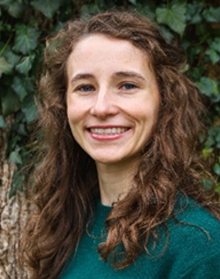
She/Her
PhD Student
be355@drexel.edu
Education: BS in Chemical Engineering, Northeastern University
Research interests:
Bridie is investigating cellular mechanisms involved in SPG4 Hereditary Spastic Paraplegia.
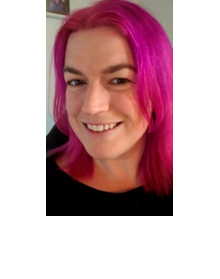
She/Her
PhD Student
crm377@drexel.edu
Education: BS in Biology, University of New Orleans
Research interests:
Cydney is investigating sex differences in motivated behavior and limbic system neuropeptide expression after repetitive mild traumatic brain injury during adolescence.
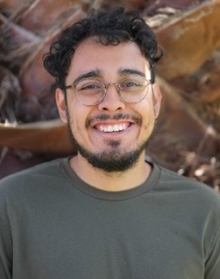
PhD Student
am4945@drexel.edu
Education: BS in Biochemistry and Chemistry, La Salle University
Research interests:
Anthony is investigating general dendritic integration mechanisms and how they impact neuronal activity in the looming detection circuits of the fruit fly using computational models.
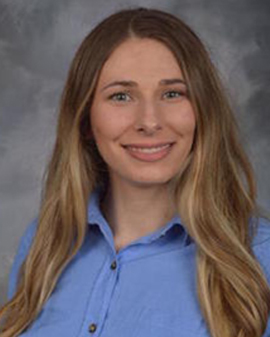
She/Her
PhD Student
ss5422@drexel.edu
Education: BS in Neurobiology and Physiology and Psychology, University of Connecticut
Research interests:
Shanna is investigating the role of hypocretins in the modulation of dopamine and motivation for cocaine.
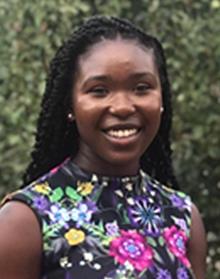
PhD Student
nts47@drexel.edu
Education: BS in Psychology, Morgan State University
Research interests:
Nishell is studying how modulating microglia in the chronic phase following pediatric traumatic brain injury improves functional and behavioral outcomes.
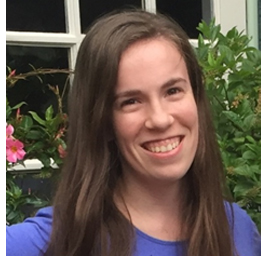
She/Her
PhD Student
js5228@drexel.edu
Education: BS in Biology, Gettysburg College; MS in Biotechnology, Johns Hopkins University
Research interests:
Julie is investigating the role of oMAP4 in the dendritic microtubule array.
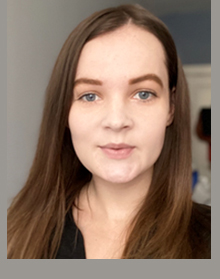
PhD Student
js3943@drexel.edu
Education: BS in Engineering, Drexel University
Research interests:
Jana investigates developmental spontaneous neural activity in visual projection neurons and astrocytes of Drosophila Melanogaster and the role of this activity in neural circuit development.
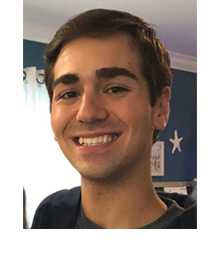
PhD Student
cw3299@drexel.edu
Education: BS in Biology, The College of New Jersey
Research interests:
Chris investigates how descending brainstem commands and locomotor circuits provide modulatory control of a population of spinal inhibitory interneurons which filter sensory information during locomotion.
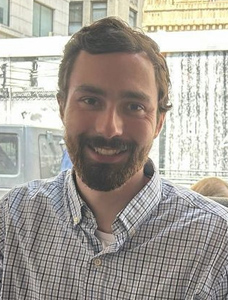
PhD Student
jw3775@drexel.edu
Education: BA in Psychology, Alfred University; MS in Neuroscience, Drexel University
Research interests:
Jason is interested in the therapeutic potential of small extracellular vesicles for SCI-induced neuropathic pain.
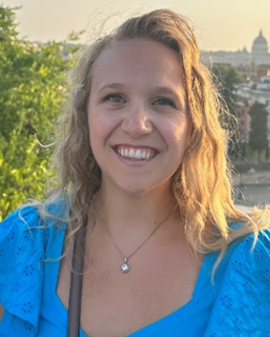
She/Her
PhD Student
nay33@drexel.edu
Education: BS in Neuroscience, University of Pittsburgh; MS in Neuroscience, Drexel University
Research interests:
Nichole is evaluating the impact of transcutaneous spinal cord stimulation on spasticity after spinal cord injury.
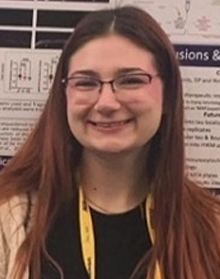
She/Her
PhD Student
klc356@drexel.edu
Education: BS in Biological Sciences, Drexel University
Research interests:
Kendra is investigating Gulf War Illness with a focus on tau driving memory impairments.
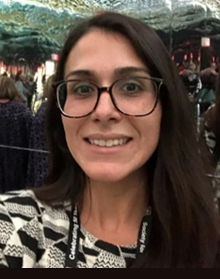
PhD Student
cc3862@drexel.edu
Education: MS in Biology (Neurobiology concentration), Rutgers University-Camden
Research interests:
Christina is currently using a rodent model to investigate the effects of chronic low-dose ethanol exposure on value-guided decision-making, glutamate receptor subunit expression, and neural correlates which may contribute to aberrant reward seeking.
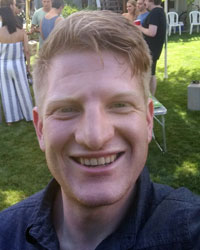
PhD Student
aah347@drexel.edu
Education: BS in Neuroscience and Psychology, Regis University
Research interests:
Adam is interested in the factors that contribute to regeneration and functional recovery in the spinal cord after injury.
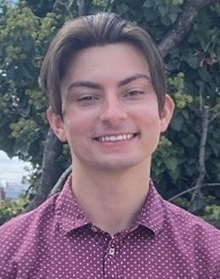
He/Him
PhD Student
arron.hall@drexel.edu
Education: BA in Psychology, Temple University
Research interests:
Arron is investigating how cortical regions, such as the anterior cingulate cortex, communicate with the hippocampus during sleep to facilitate memory consolidation.
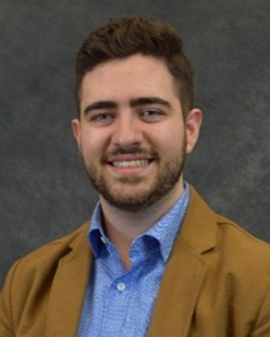
He/Him/His
PhD Student
abl73@drexel.edu
Education: BS in Mechanical Engineering, Georgia Institute of Technology; BS in Applied Physics, Berry College
Research interests:
Andrew investigates locomotor circuits through robotics.
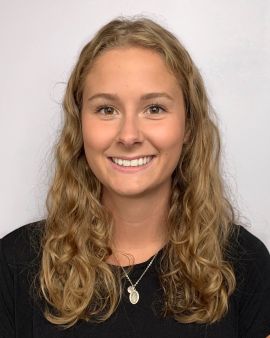
She/Her/Hers
PhD Student
jrm472@drexel.edu
Education: BS in Behavioral Neuroscience, Lehigh University
Research interests:
Jenna is studying spinal glycinergic interneurons that inhibit locomotor circuits.
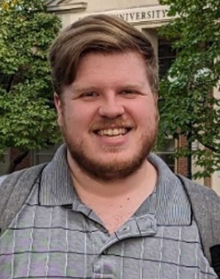
He/Him
PhD Student
bac367@drexel.edu
Education: BA in Neuroscience, Transylvania University
Research interests:
Brody studies receptor variant-based changes in the role of the neuropeptide PACAP in the nucleus accumbens during the transition to ethanol dependence.
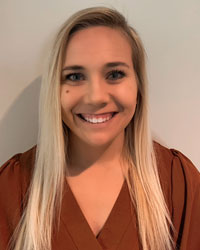
She/Her
PhD Student
mjw458@drexel.edu
Education: BS in Psychology and Neuroscience, University of Nebraska at Omaha
Research interests:
Mariah is interested in examining the regenerative capabilities in the brain and spinal cord motor systems to produce motor behaviors after injury.
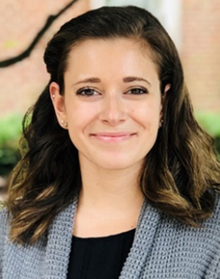
PhD Student
mac682@drexel.edu
Education: BS in Neuroscience, Moravian College
Research interests:
Marissa examines the effects of exercise and fetal serotonergic transplants in reversing aberrant cardiovascular function following spinal cord injury.
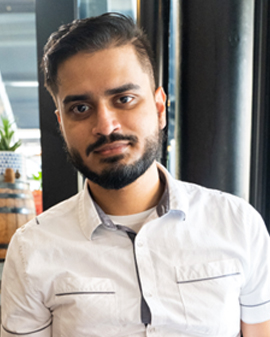
He/Him/His
PhD Student
ai384@drexel.edu
Education: BS in Biology, St. John’s University
Research interests:
Ash investigates the mechanism behind axon regeneration after DREADD activation of DRG neurons.
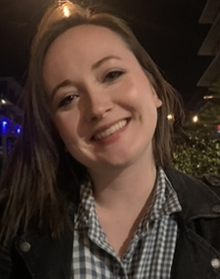
She/Her
PhD Student
ano43@drexel.edu
Education: BS in Neuroscience & Biology, University of Scranton
Research interests:
Ashley studies retrosplenial cortical subpopulation interactions in memory formation.
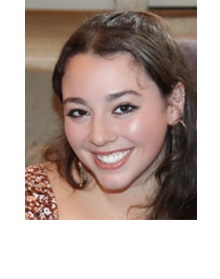
She/Her
PhD Student
jdp375@drexel.edu
Education: BS in Neuroscience and in Psychology, Ursinus College
Research interests:
Jen is testing AAV optogenetic and growth-inducing therapies in coordination with and independent of treadmill training to regenerate the nervous system and recover hindlimb function after spinal cord injury.
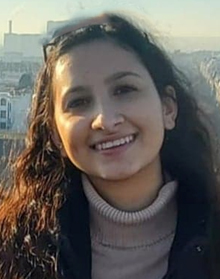
PhD Student
sps84@drexel.edu
Education: BS in Biological Sciences, Drexel University
Research interests:
Shayna studies the postnatal development of and supraspinal projections to spinal Shox2 interneurons.

PhD Student
xs77@drexel.edu
Education: BS in Pharmaceutical Engineering, Yancheng Institute of Technology; MS in Biology, Nantong University
Research interests:
Beanie studies the treatment implications of biphasic microtubule defects in tauopathy.
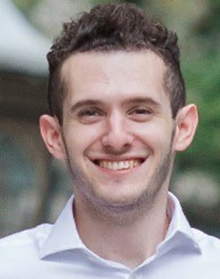
He/Him
PhD Student
jw3396@drexel.edu
Education: BS in Pre-Medical Studies, West Chester University; MS in Interdisciplinary Health Sciences, Drexel University
Research interests:
Jeremy is investigating how epidural stimulation can be optimized and applied as a rehabilitative strategy for spasticity following spinal cord injury.
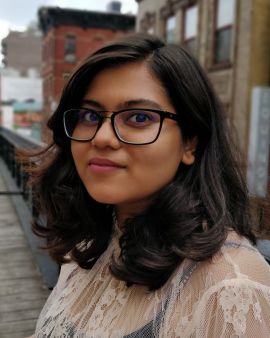
PhD Student
sg3536@drexel.edu
Education: MS in Biotechnology, St. Xavier’s College
Research interests:
Shrobona is studying the role of mitotic motor proteins in the regulation of the dynamic behavior of the microtubule cytoskeleton.
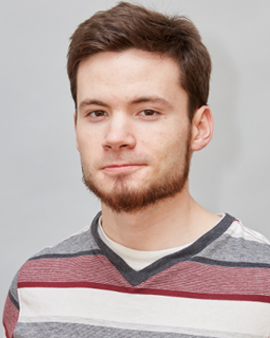
PhD Student
tss72@drexel.edu
Education: BS in Biology, Northwest Nazarene University
Research interests:
Trevor studies the spinal cord’s intrinsic capacity to structure and pattern movement using a frog model.
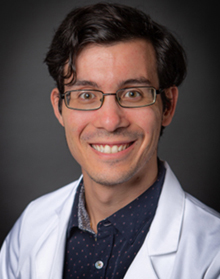
PhD Student
spw43@drexel.edu
Education: BS in Neuroscience, Muhlenberg College
Research interests:
Sam is examining the sensorimotor transformation within DM1 glomerulus in Drosophila melanogaster and its effect on behavior.